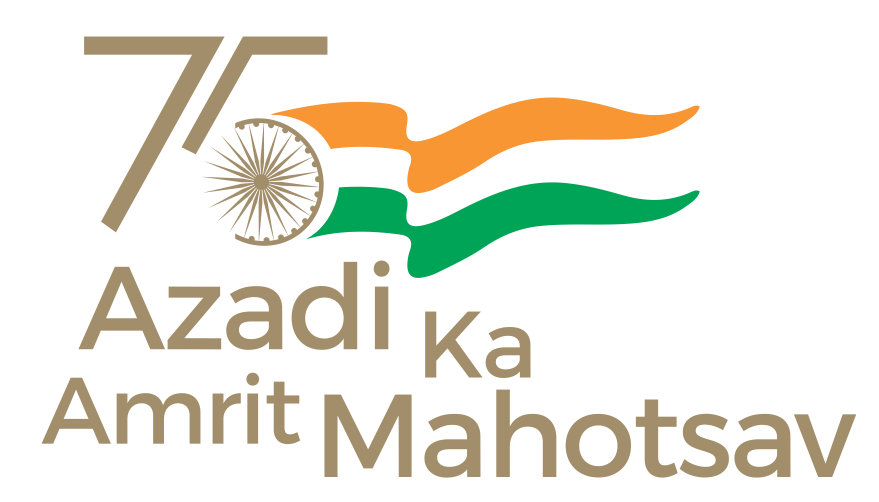





The Department of Mechanical Engineering started functioning in July 2013. The department is offering a four-year B.Tech program in Mechanical Engineering with an intake capacity of thirty. Additionally, the department offers a two-year M.Tech program in the specialization ‘Fluids and Thermal Engineering’ and Ph.D. in various fields of Mechanical Engineering. The B.Tech program of the department is accredited by the National Board of Accreditation (NBA). The students of the department are placed through the leading industries and join the internationally recognized institutions for higher studies. In 2023, 88.9% of B.Tech students who graduated have been placed in various organizations of repute. In the recent past, faculty from a foreign university visited the department to teach undergraduate students under the ‘Fulbright Fellowship’ program.
The basic aim of the department is to impart quality education to the students through the understanding of the basic principles and practices in mechanical engineering, which helps them to serve society and address a variety of needs. Another, objective of the department is to come up with interdisciplinary courses keeping in view the advancement of today's world in the fields of digital manufacturing, robotics, mechatronics, sustainable energy, etc., and to achieve the goal of NEP 2020. The department also promotes industry-academia collaboration so that both can complement each other in study, research, and overall development.
The department comprises bright, young, and highly experienced faculty members, along with adjunct faculty members. The major research areas in the department include Thermal Radiation with Participating Media, Fluidization, Industrial Fire and Toxic Gas Dispersion, Renewable Energy, Heat and Mass Exchangers, Turbulence Modeling, CFD, Hydraulic System, Design and Control, Alternative Fuels, Manufacturing Processes, Application of Soft Computing Techniques, Micro-Manufacturing, Development Processing, and Characterization of Advanced Materials, Reverse Supply Chain, Industrial Engineering etc. At present, the department has nine state-of-the-art laboratories, these are Fluid Mechanics Lab., Theory of Machine Lab., Thermal Science Lab., Strength of Material Lab., Material Science Lab., Metrology and Instrumentation Lab., Advanced Manufacturing Lab., Additive Manufacturing Lab., and Computational Lab.
Vision:
A Centre of Excellence in education and research in the field of Mechanical Engineering and allied areas making its presence felt globally through the manpower produced and the knowledge and technologies created.
Mission:
Programme Outcomes (POs)
| PO1 | Engineering knowledge: Apply the knowledge of mathematics, science, engineering fundamentals, and an engineering specialization to the solution of complex engineering problems. |
| PO2 | Problem analysis: Identify, formulate, review research literature, and analyze complex engineering problems reaching substantiated conclusions using first principles of mathematics, natural sciences, and engineering sciences. |
| PO3 | Design/development of solutions: Design solutions for complex engineering problems and design system components or processes that meet the specified needs with appropriate consideration for the public health and safety, and the cultural, societal, and environmental considerations. |
| PO4 | Conduct investigations of complex problems: Use research-based knowledge and research methods including design of experiments, analysis and interpretation of data, and synthesis of the information to provide valid conclusions. |
| PO5 | Modern tool usage: Create, select, and apply appropriate techniques, resources, and modern engineering And IT tools including prediction and modeling to complex engineering activities with an understanding of the limitations. |
| PO6 | The engineer and society: Apply reasoning informed by the contextual knowledge to assess societal, health, safety, legal and cultural issues and the consequent responsibilities relevant to the professional engineering practice. |
| PO7 | Environment and sustainability: Understand the impact of the professional engineering solutions in societal and environmental contexts, and demonstrate the knowledge of, and need for sustainable development. |
| PO8 | Ethics: Apply ethical principles and commit to professional ethics and responsibilities and norms of the engineering practice. |
| PO9 | Individual and team work: Function effectively as an individual, and as a member or leader in diverse teams, and in multidisciplinary settings. |
| PO10 | Communication: Communicate effectively on complex engineering activities with the engineering community and with society at large, such as, being able to comprehend and write effective reports and design documentation, make effective presentations, and give and receive clear instructions. |
| PO11 | Project management and finance: Demonstrate knowledge and understanding of the engineering and management principles and apply these to one’s own work, as a member and leader in a team, to manage projects and in multidisciplinary environments. |
| PO12 | Life-long learning: Recognize the need for, and have the preparation and ability to engage in independent and life-long learning in the broadest context of technological change. |
Program Specific Outcome (PSO)
| PSO1 | Graduates will be able to achieve excellence in thermal fluid, product design and development by acquiring knowledge in mathematics, science, designing principles and advanced manufacturing techniques. |
| PSO2 | Graduates will be able to build themselves as Technocrats and Entrepreneurs by applying the technological and managerial skills in immerging multidisciplinary fields. |
Program Educational Objectives (PEOs)
| PEO1 | Ensure practicing Mechanical engineers to contribute to industry or academia in contemporary issues using appropriate engineering tools in a responsible, professional, social, economical, ethical manner including safety and environmental concerns. |
| PEO2 | Encourage innovation and creativity through application of knowledge, skills and engineering solutions. |
| PEO3 | Engage in creation of knowledge and development of technologies through effective research with a special urge to pursue higher education and life-long learning. |
| PEO4 | Demonstrate teamwork and leadership qualities with effective communication in the multidisciplinary field that support the overall development of the nation and the world. |